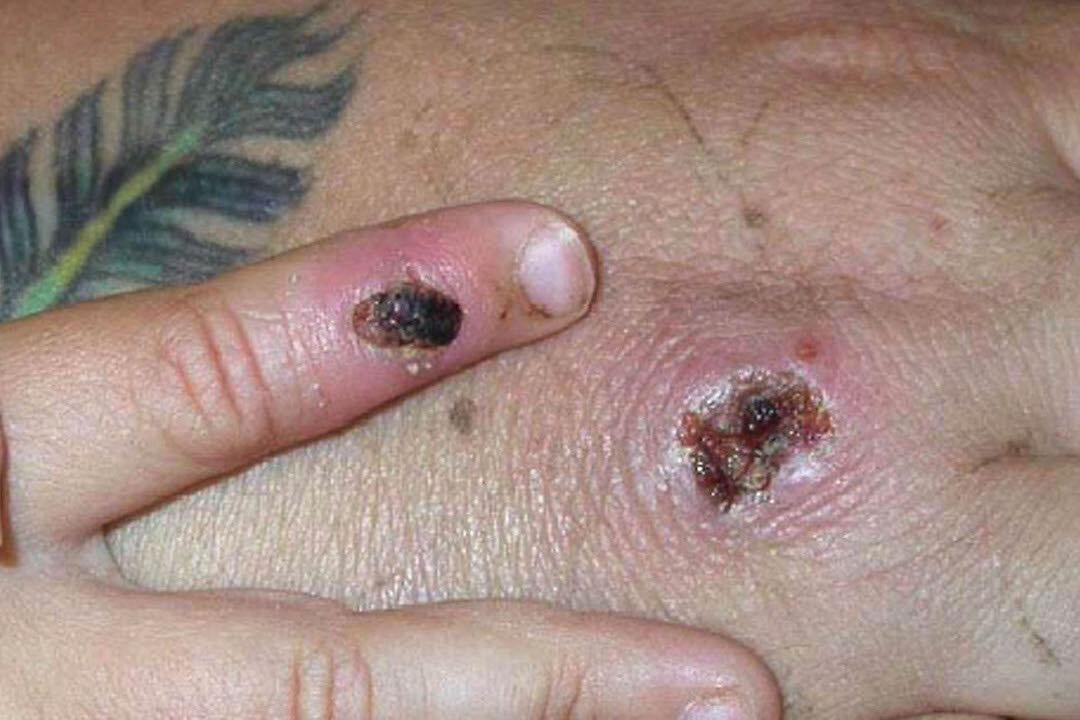Australia, Canada, Italy, and Sweden have become the latest countries to report their first confirmed cases of monkeypox, a rare viral disease typically limited to west and central Africa that has seen over two dozen cases reported and many more being investigated in several non-endemic countries over the past three weeks.
Australian officials on Friday confirmed its first monkeypox case, which involves a man in his 30s who arrived in Melbourne, Victoria, on May 16 after having traveled to the United Kingdom.





